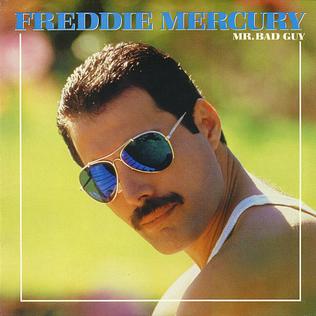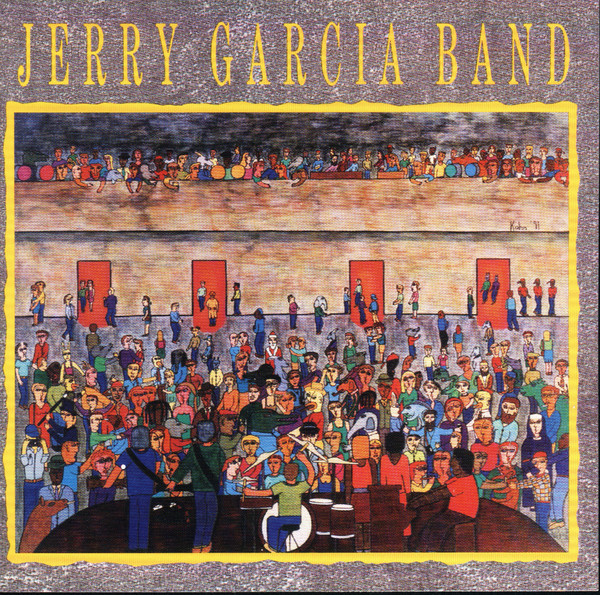 After a decade of wandering, bolstered by session work and hopefully decent royalty payments, Steve Winwood re-emerged at the start of the ‘80s as a pop star, once again on his own terms. Arc Of A Diver took everyone by surprise, starting with an incredibly catchy hit single, and a reminder that the kid could truly belt out a classic. What’s more, he recorded the album completely on his own, playing all the instruments in his own studio, yet it has the sound of a full band captured by a team of engineers. (Fun fact: the guy responsible for the cover art also did the original paintings for Bob Dylan’s Saved that same year, as well as the faux-cubic designs of two Traffic albums.)
After a decade of wandering, bolstered by session work and hopefully decent royalty payments, Steve Winwood re-emerged at the start of the ‘80s as a pop star, once again on his own terms. Arc Of A Diver took everyone by surprise, starting with an incredibly catchy hit single, and a reminder that the kid could truly belt out a classic. What’s more, he recorded the album completely on his own, playing all the instruments in his own studio, yet it has the sound of a full band captured by a team of engineers. (Fun fact: the guy responsible for the cover art also did the original paintings for Bob Dylan’s Saved that same year, as well as the faux-cubic designs of two Traffic albums.) The album was his first collaboration with lyricist Will Jennings, who’d already written hit songs for such adult contemporary icons as Barry Manilow and Dionne Warwick, and would go on to win Oscars for his movie themes. While his lyrics for “While You See A Chance” are definitely in the feel-good attaboy category, the music, driven along by Winwood’s iconic piano, organ, and that synth sound, emerging like an aural sunrise, makes the song a true winner. The title track is another co-write with Viv Stanshall, full of imagery and sporting nice guitar licks throughout. Unfortunately, “Second-Hand Woman” derails the progress, between the lyrics, dated production, and programmed drums. Fortunately, it’s the shortest song on the album, and is forgotten shortly after “Slowdown Sundown”, a ballad with trilling mandolins that recalls the better parts of the last Traffic album.
Side two concentrates on grooves; “Spanish Dancer” isn’t much more than a one colored by different synth tones, only occasionally diverting into another theme for the choruses. The disco inferno continues on “Night Train”, but at least he derived a nice popping bass line, albeit on the Minimoog. He does a pretty good job of jamming with himself, so even though it’s a home demo in need of editing, it works. “Dust” takes us out with another reverie, and superior lyrics by the guy responsible for “Second-Hand Woman”.
Arc Of A Diver made Steve Winwood a household name again, even more so than he’d ever been. With six out of only its seven tracks topping five minutes, he hadn’t quite figured how to keep his ideas compact, but listeners happily stayed for the whole ride. (The eventual Deluxe Edition wasn’t very illuminating, adding only two alternate mixes, a later rerecording of “Spanish Dancer” with a deeper vocal, and a BBC radio documentary about his career.)
Steve Winwood Arc Of A Diver (1980)—3
2012 Deluxe Edition: same as 1980, plus 4 extra tracks






